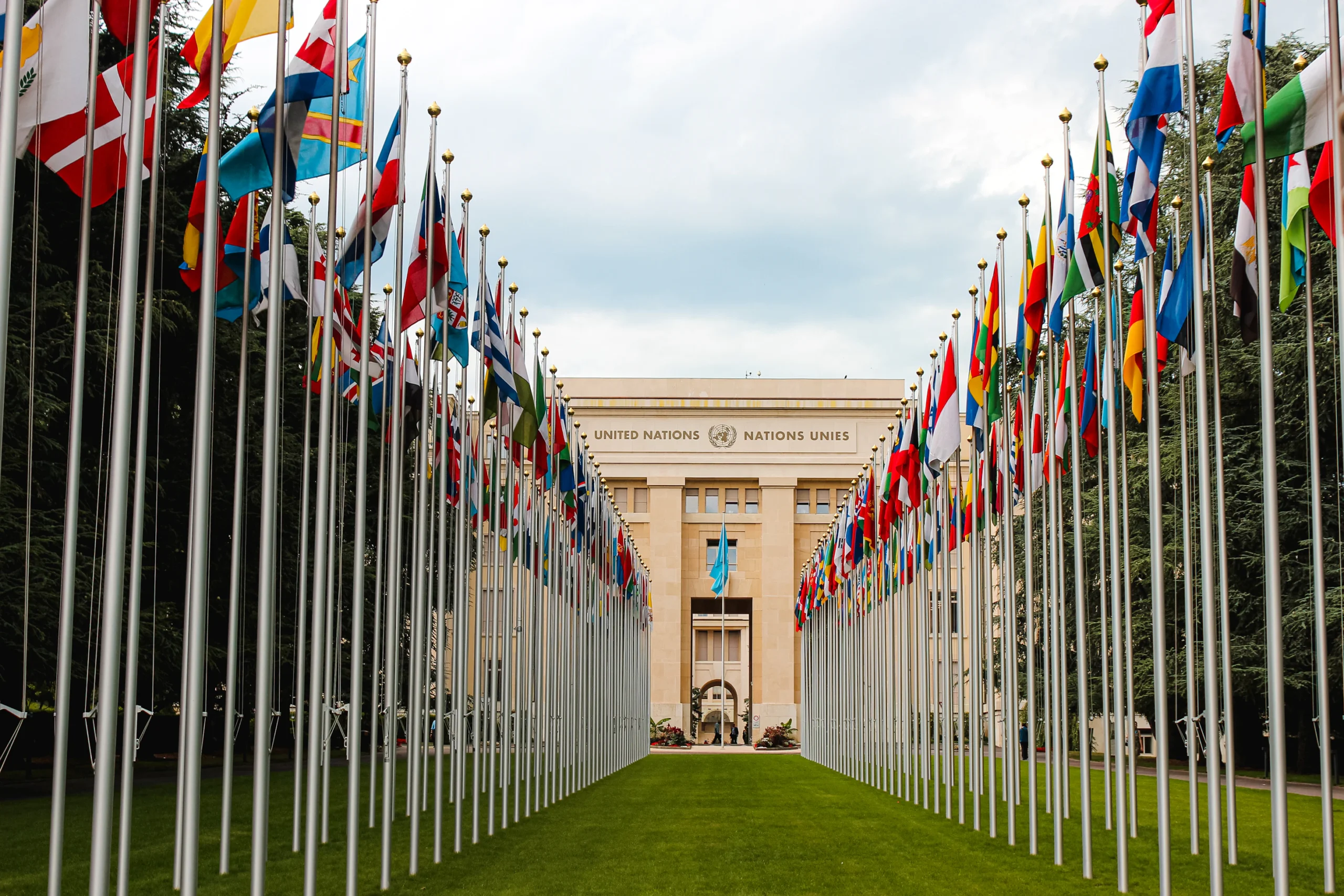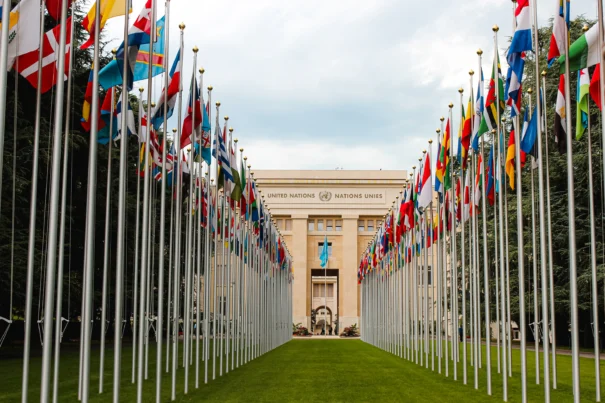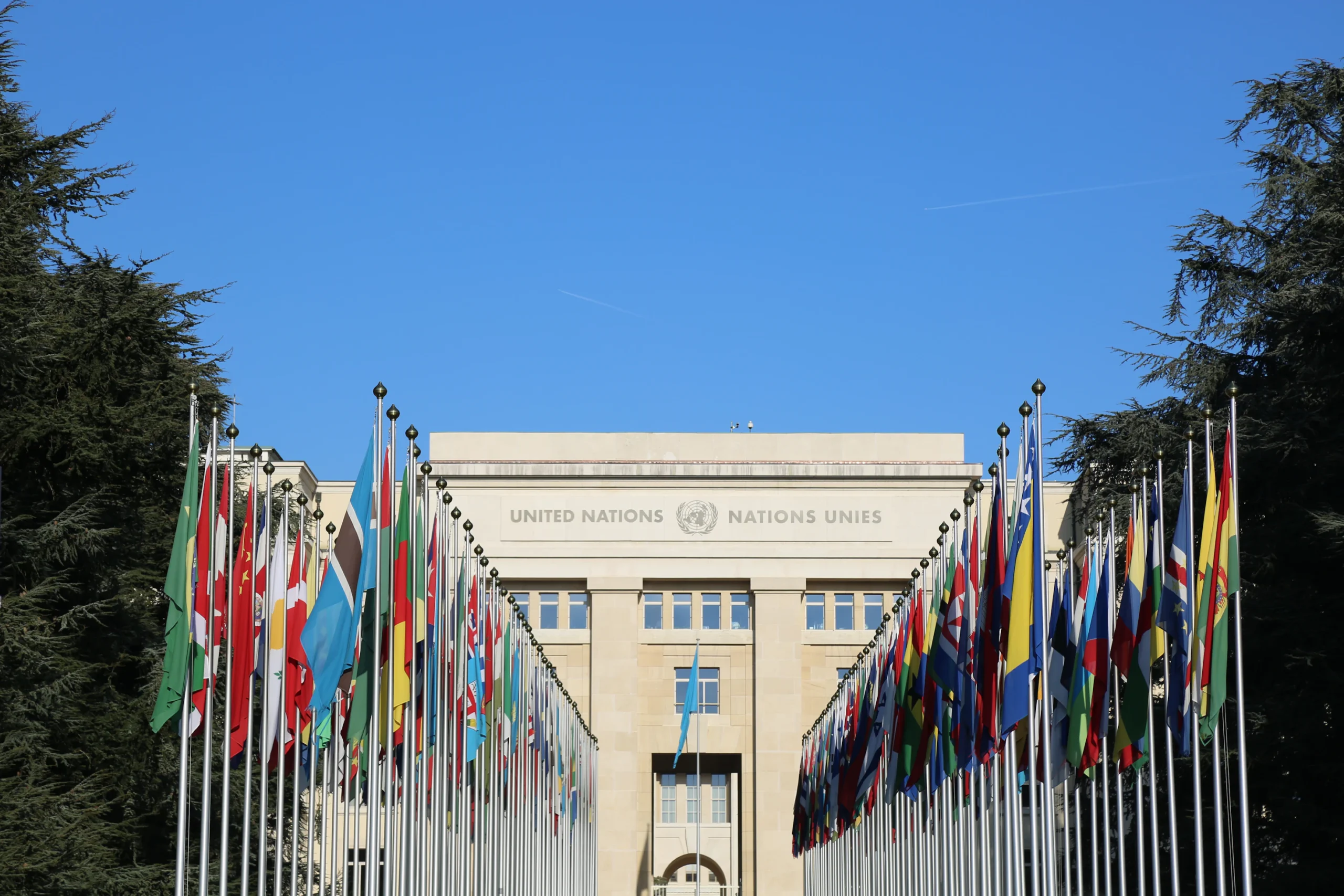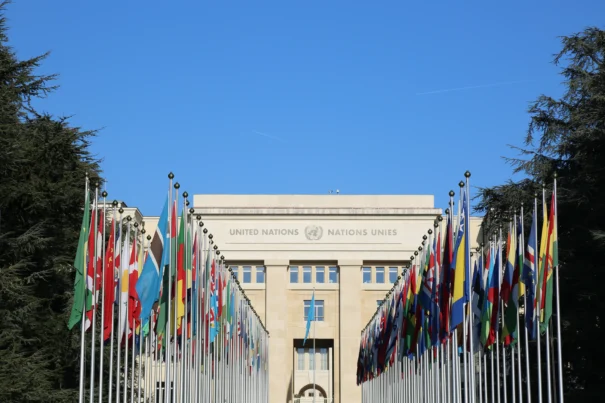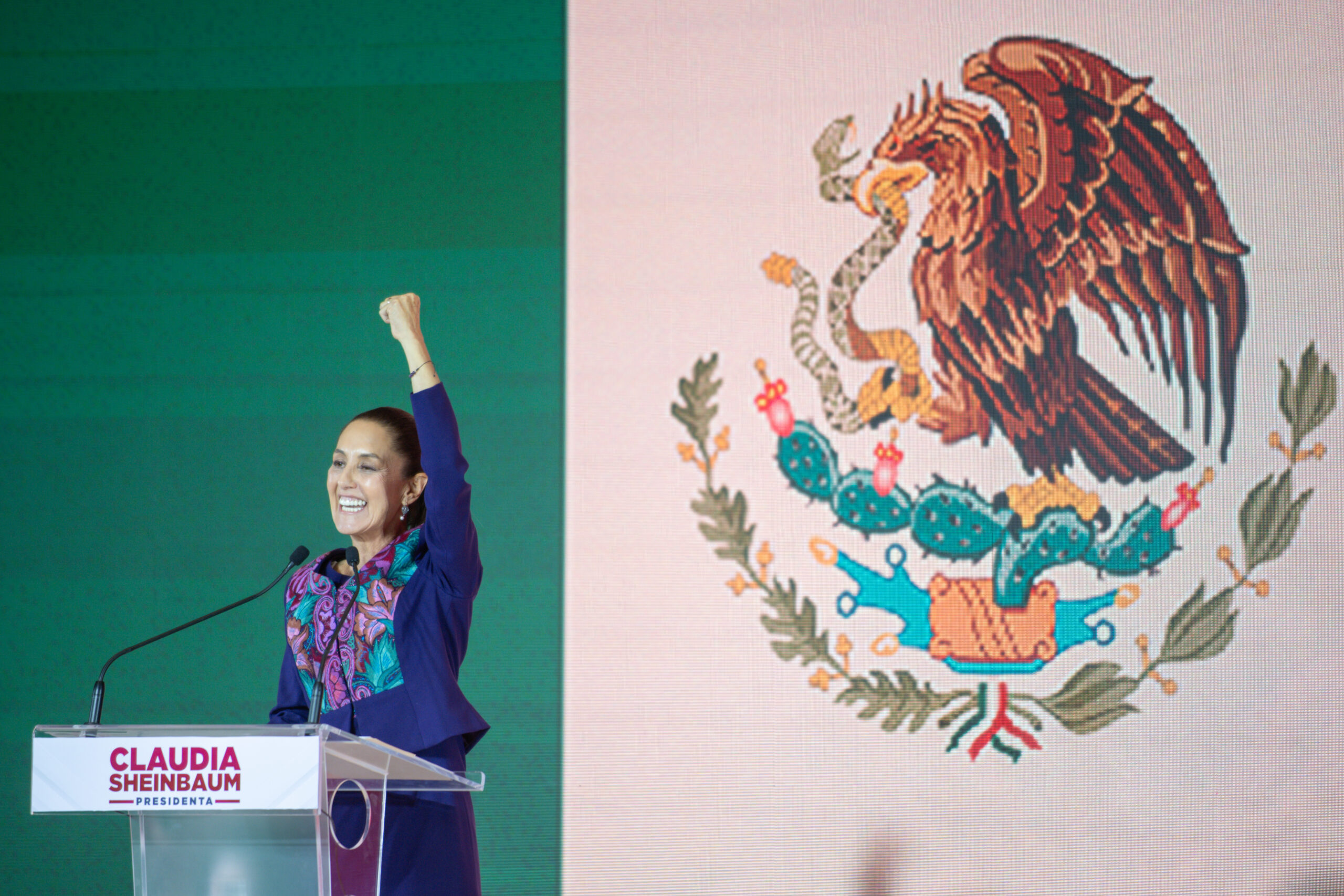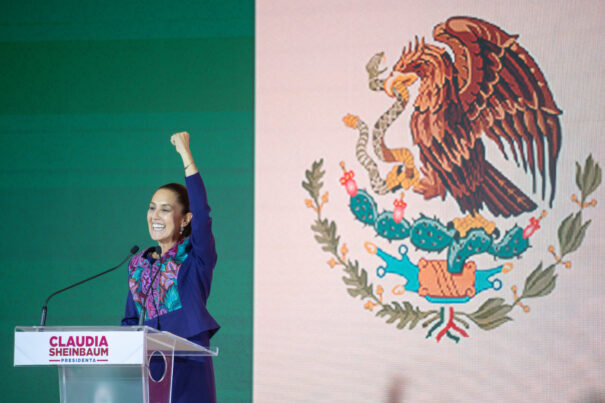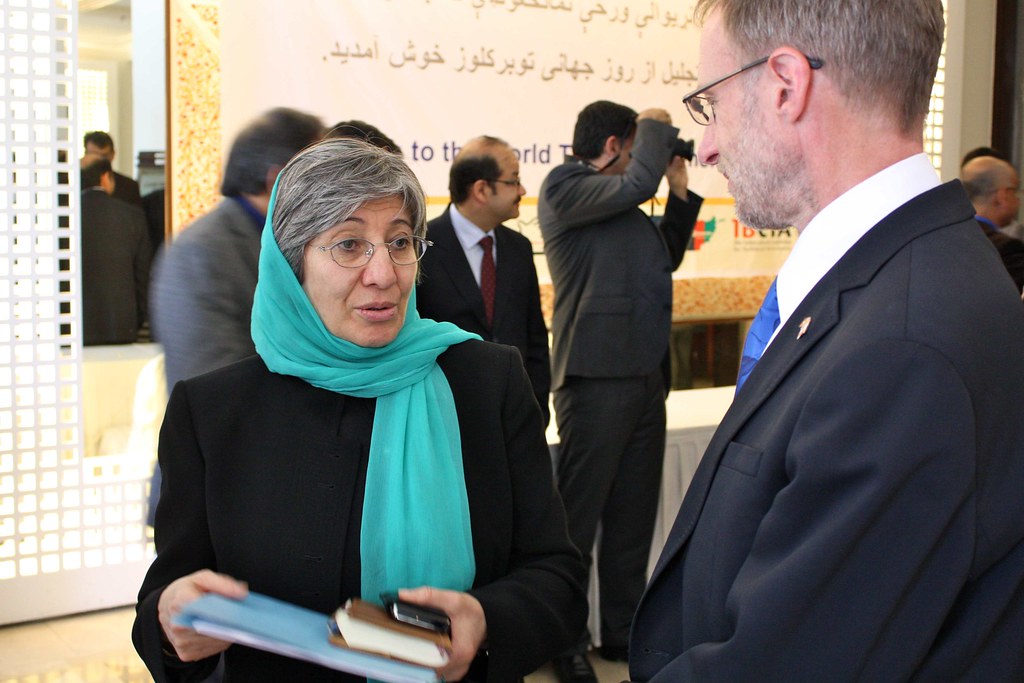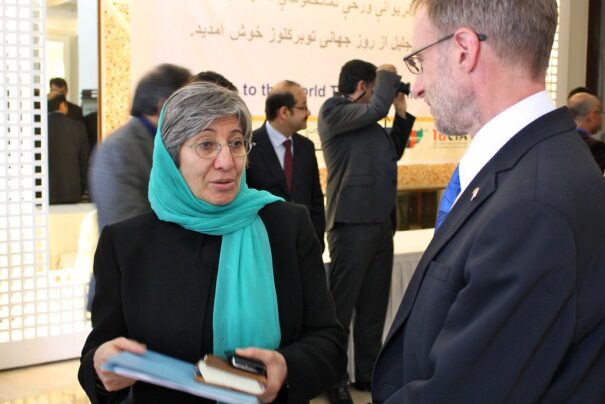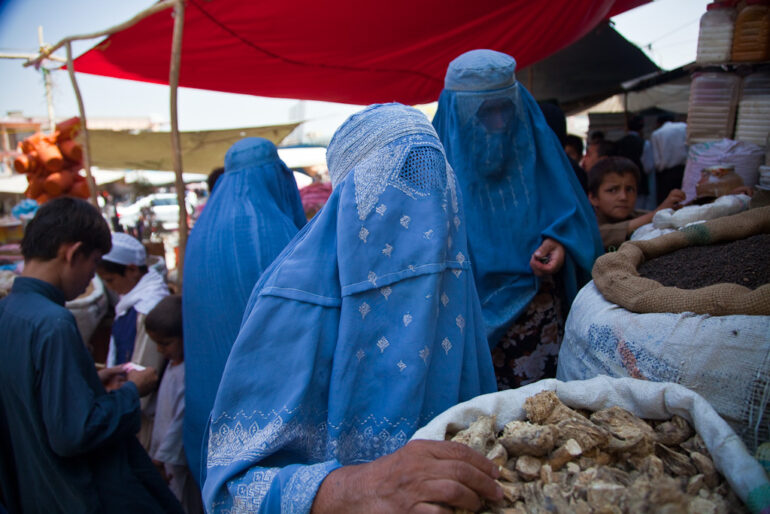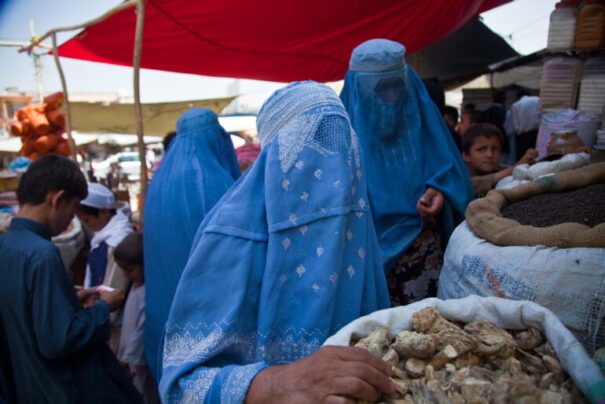The Taliban has remained firm and doubled down on its vision for the future of Afghanistan. Since its takeover of the Afghan government 2 years ago, it established a de facto government, composed of different ministries to impose their interpretation of an “Islamic” rule and rollback the achievements of the former government. The Taliban has reversed almost every measure, going as far as taking out trees planted under the former government, calling the trees “infidel.”
Recently, in an opening of a religious center in eastern Afghanistan, the Taliban Minister of Interior Affairs, Sirajuddin Haqqani, called on people to support the Islamic system, saying “the enemies of our religion and country cannot take away our freedom and now they are plotting and warning the system.” He added, “our belief is firm and our struggle is pure and we are united.”
The Taliban notion of “freedom” is misplaced and criminal as they lack national and global legitimacy. When Haqqani invokes the term freedom, he refers to the Taliban’s ability to force people to obey their rules that are in contradiction with Afghan values and Islam, and which erase women from society altogether. When the Taliban invokes the term “freedom” and “liberation” they refer to forcing global allies out of Afghanistan and militarily collapsing a system that valued freedom and democracy.
The assertion that the Taliban is united is untrue. Earlier this year, senior Taliban officials began expressing public disagreements with official stances. The dissent comes as the group struggles for international legitimacy, with some leaders pushing to respect the demands of the Afghan people. The Taliban Deputy Minister of Foreign Affairs, Sher Mohammad Abbas Stanikzai, said the group “must aim for winning the hearts of our people rather than ruling over them with batons.” There is also conflict over the way in which the supreme leader “monopolizes” power and issues decrees that he expects other officials to obey and enforce on the Afghan people.
The Taliban’s rhetoric is focused on defending the country from perceived outside threats and “enemies,” but neglects the humanitarian crises facing the country, the rise in extremist activity by various terrorist groups, and continues to steadily strip women of their fundamental rights.
On another occasion, the Minister of Information and Culture, Khairullah Khairkhah, asked young people to make more and effective use of the opportunities created now in the country. Such opportunities mainly constitute religious training in madrassas, religious seminaries under the Taliban. He tells them “you are lucky that there are scholars.” Since the Taliban’s return to power, opportunities have been limited and to women, erased. People are forced to flee due to unemployment, which is the highest it has been in the past 25 years.
These standpoints ignore crucial issues surrounding Afghan women, the economy, and Afghanistan’s place on the global stage. Not to mention that millions of Afghans face unemployment, which is at a 30% rate, and a lack of opportunities for a livelihood. Other officials have made similar statements.
The Acting Minister of Economy, Din Mohammad Hanif, also discussed the sacrifices made in order to establish the Taliban’s Islamic system, emphasizing the role of mujahideens, fighters and religious scholars. He said “the majority of the sacrifices were made by the scholars,” and the “leadership was led by the scholars.” To the Taliban, a scholar is only a person with religious education and with the Taliban in power, there has been increasing focus on madrassas, religious institutions and less focus on other subjects.
Emphasis on the victory of the Taliban and its role in freeing the Afghan people leaves little space for critique of the current political system and ideas regarding Afghan freedom that deviate from the Taliban’s narrow ideals. The goal is ultimately power through force, which is considered victory and freedom, not anything that the Afghan people, including women, want.
The Taliban has not liberated the country and its people. The regime has erased the human rights of women and girls, destroyed a democratic and electoral system, and enforced primitive rules on the Afghan people. The Taliban doesn’t deserve the legitimacy from the international community that the regime demands.
Sources:
Ariana News, 9/2/2023; VoA 02/23/2023; RFE/RL 06/02/2023; Human Concern


